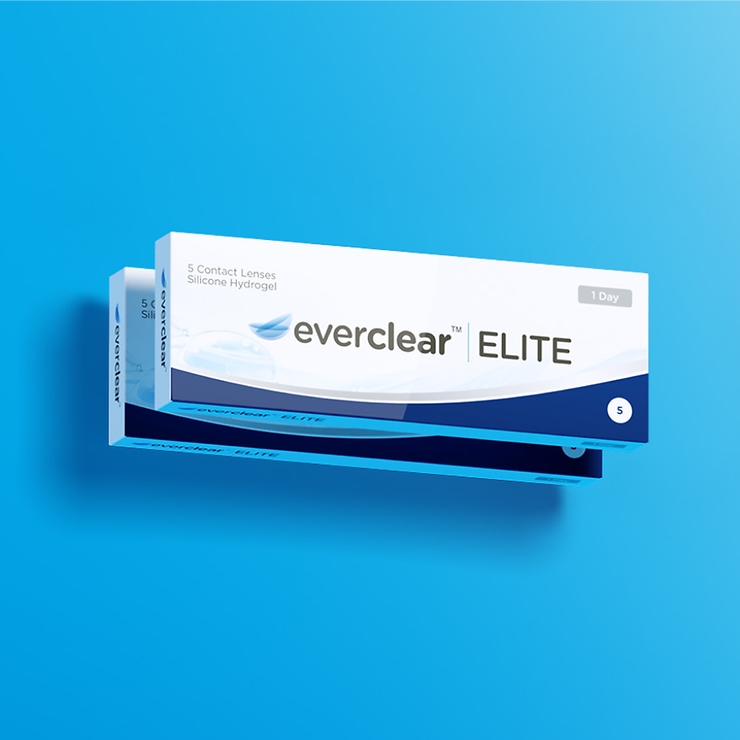Coffee plays a huge part in our daily lives. With around 2 billion cups drank globally each day, and new coffee trends like Dalgona coffee taking the world by storm, even during lockdown: it’s fair to say life just wouldn’t be the same without it.
Caffeine is a natural (and really delicious) way of getting us to spring into energy mode, as it stimulates our brain and helps us feel awake and alert (just like putting your contact lenses in after your morning shower). In fact, moderate levels of caffeine can be good for your vision in many different ways: from coffee soothing dry eyes to protecting eyes against retinal damage. But as with everything, overdoing it could have negative effects for your eye health, both short and long term.



